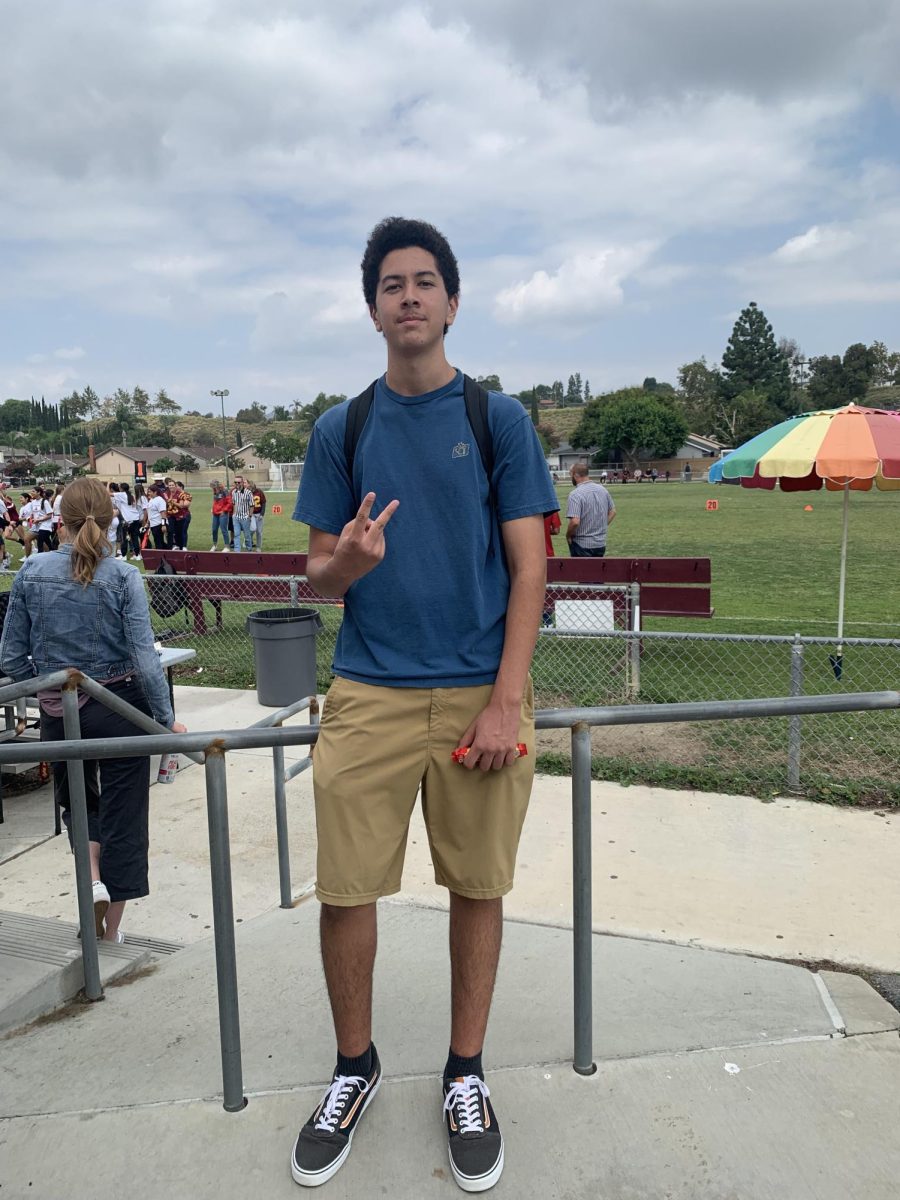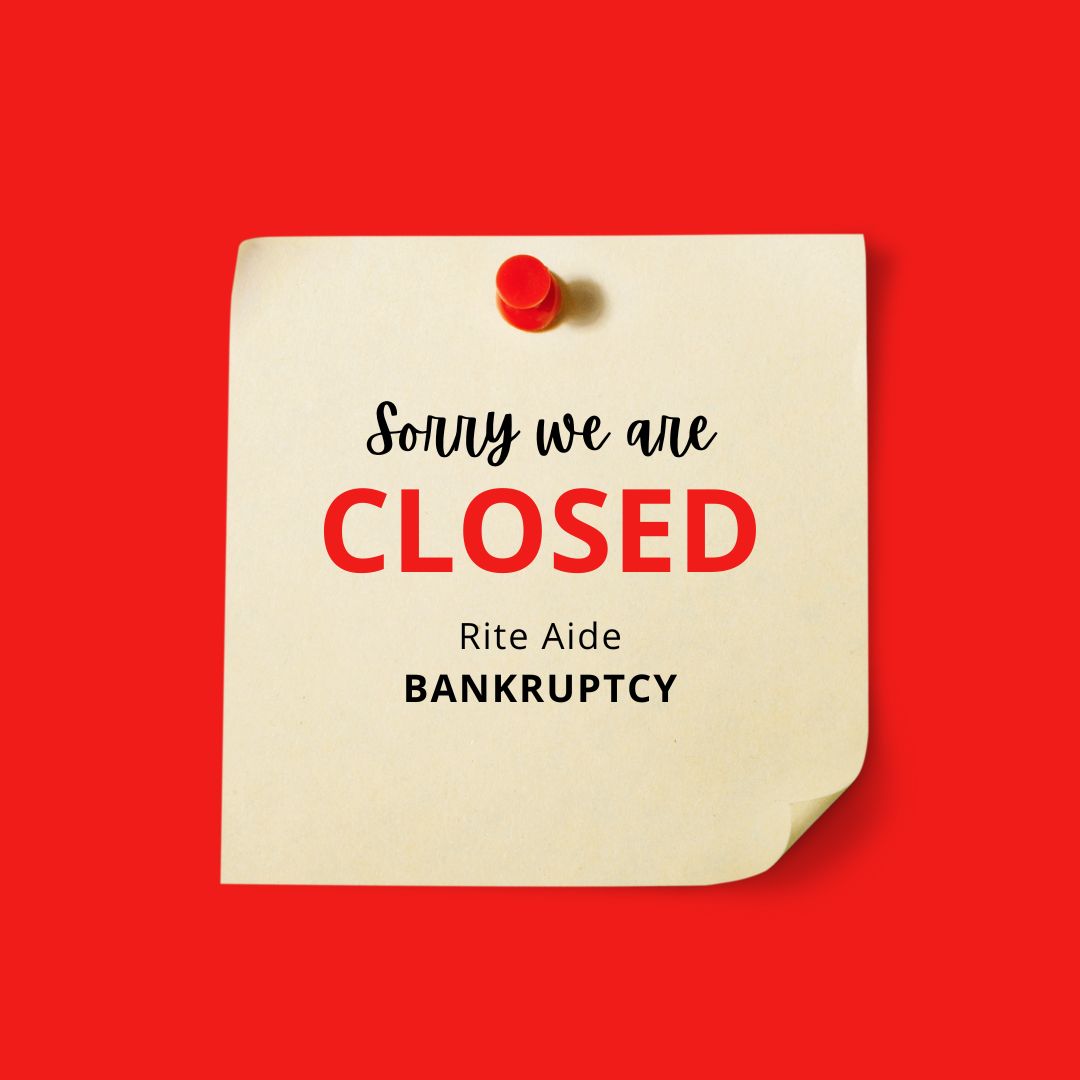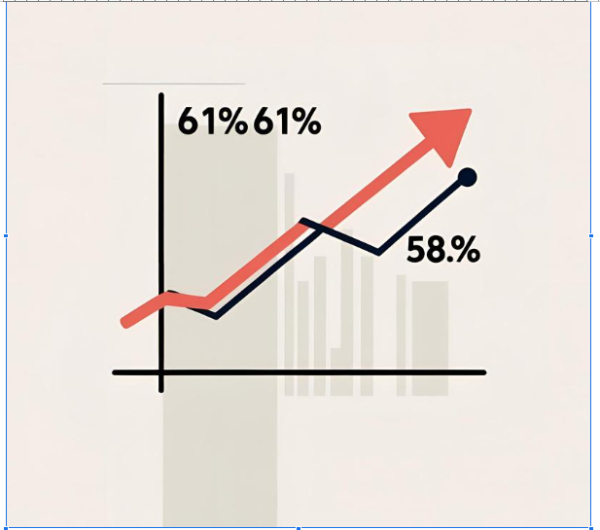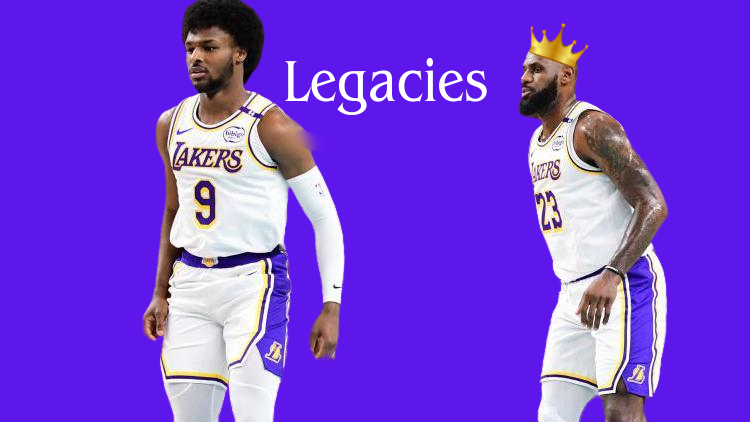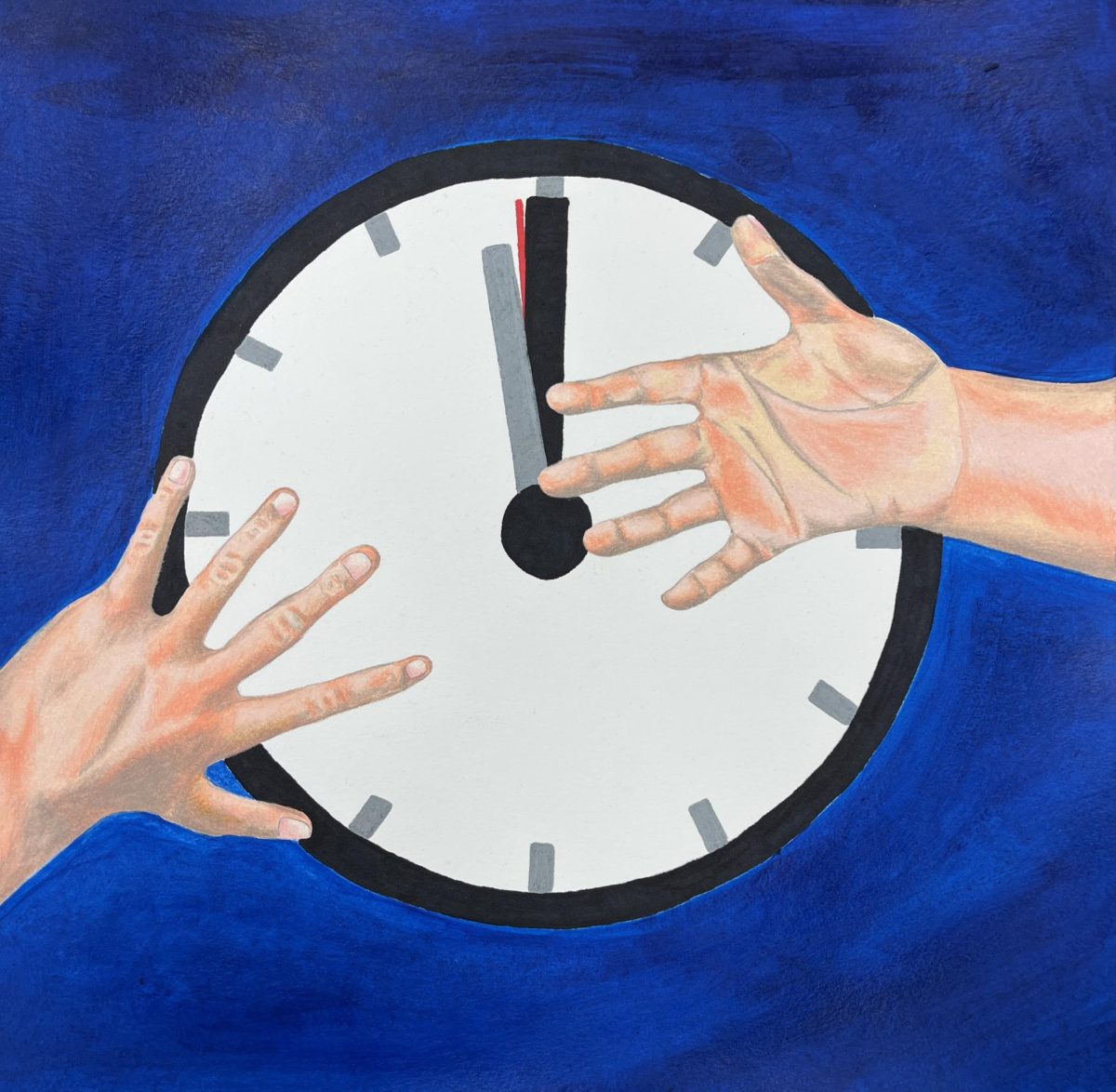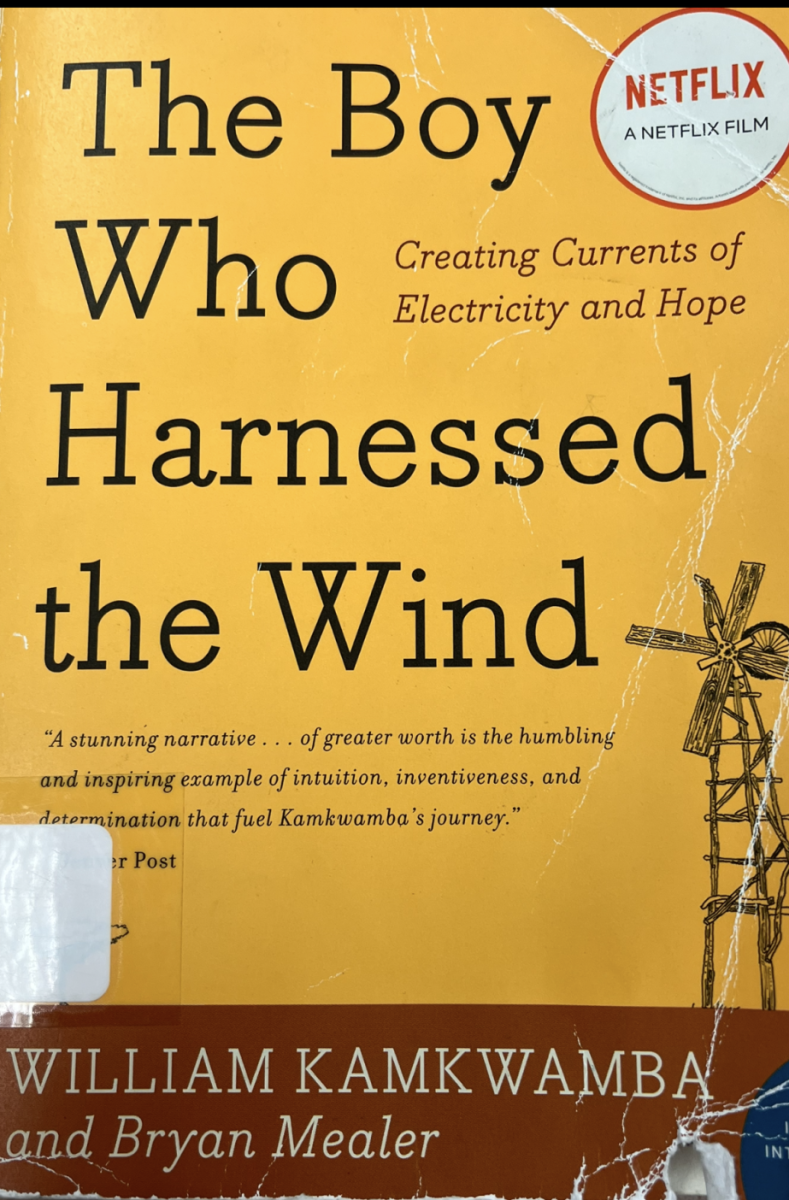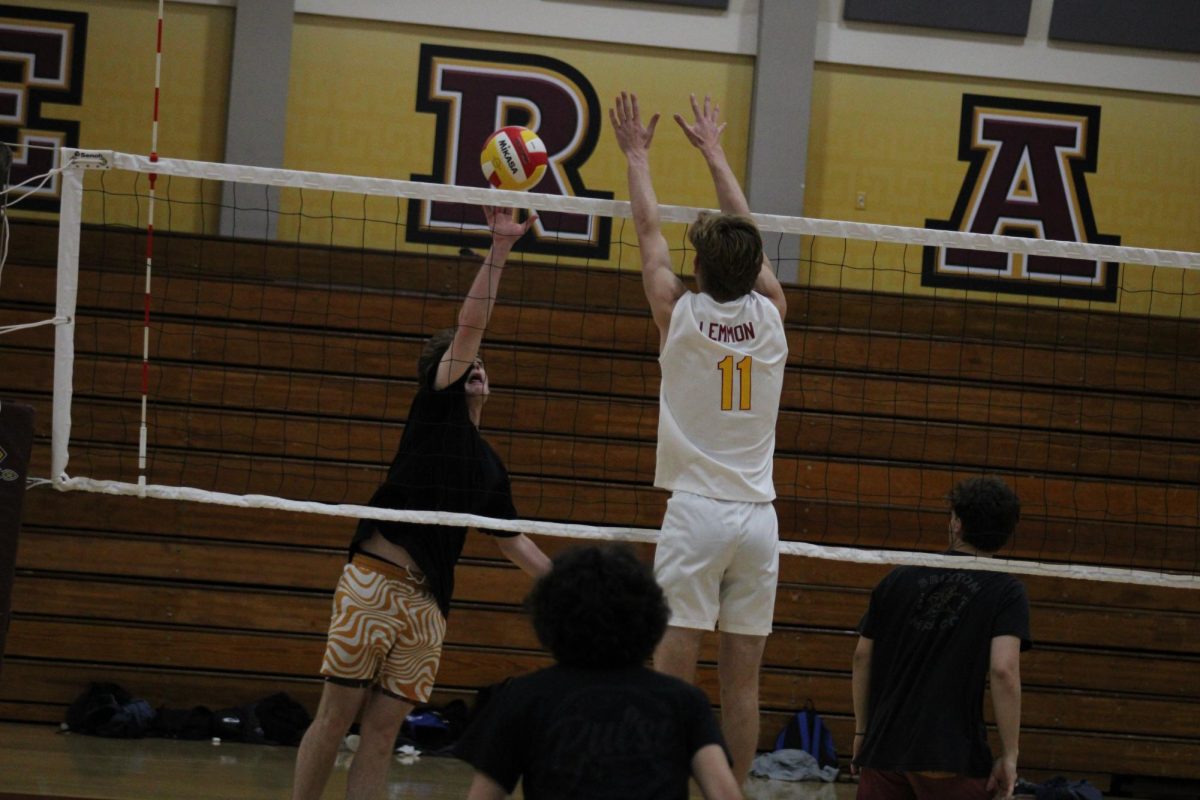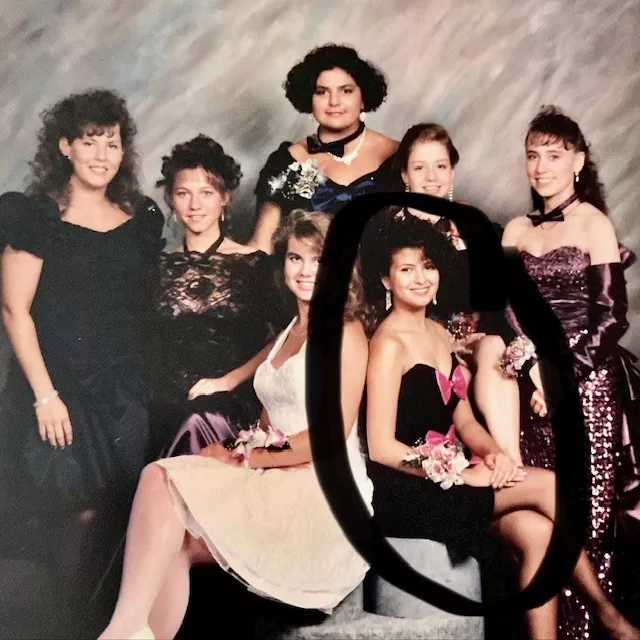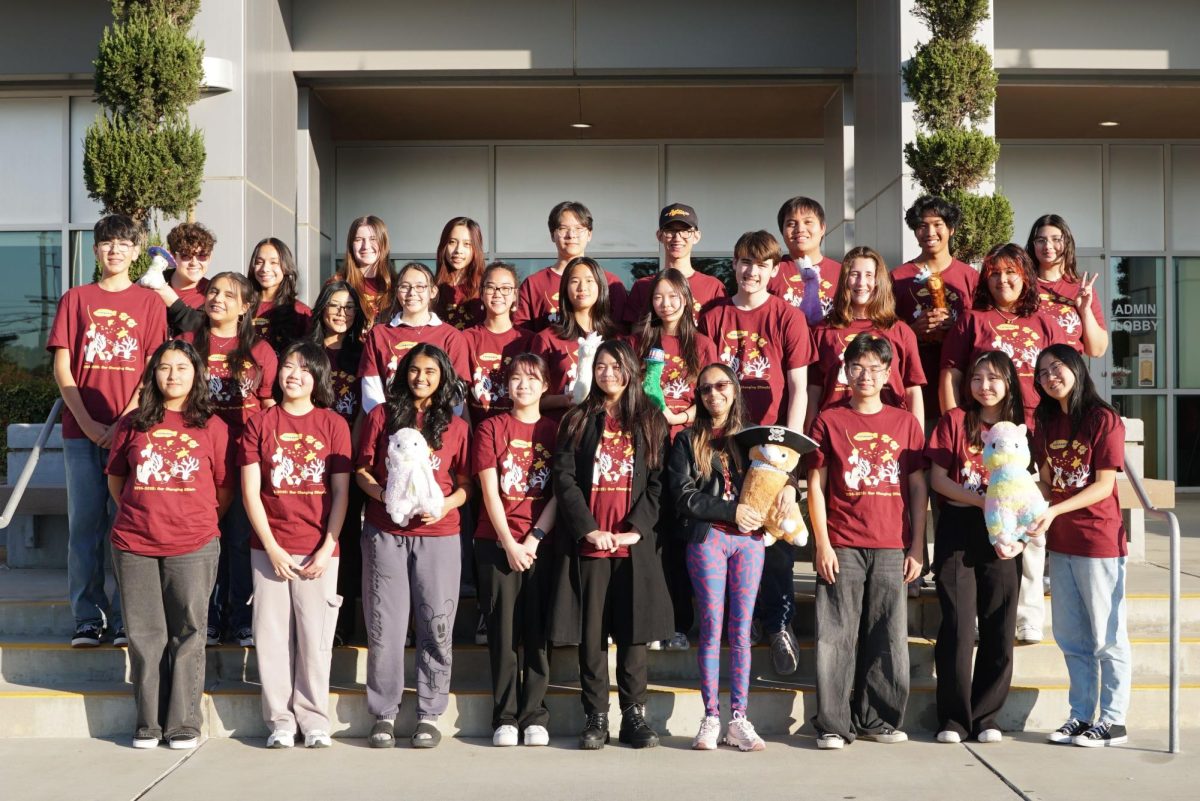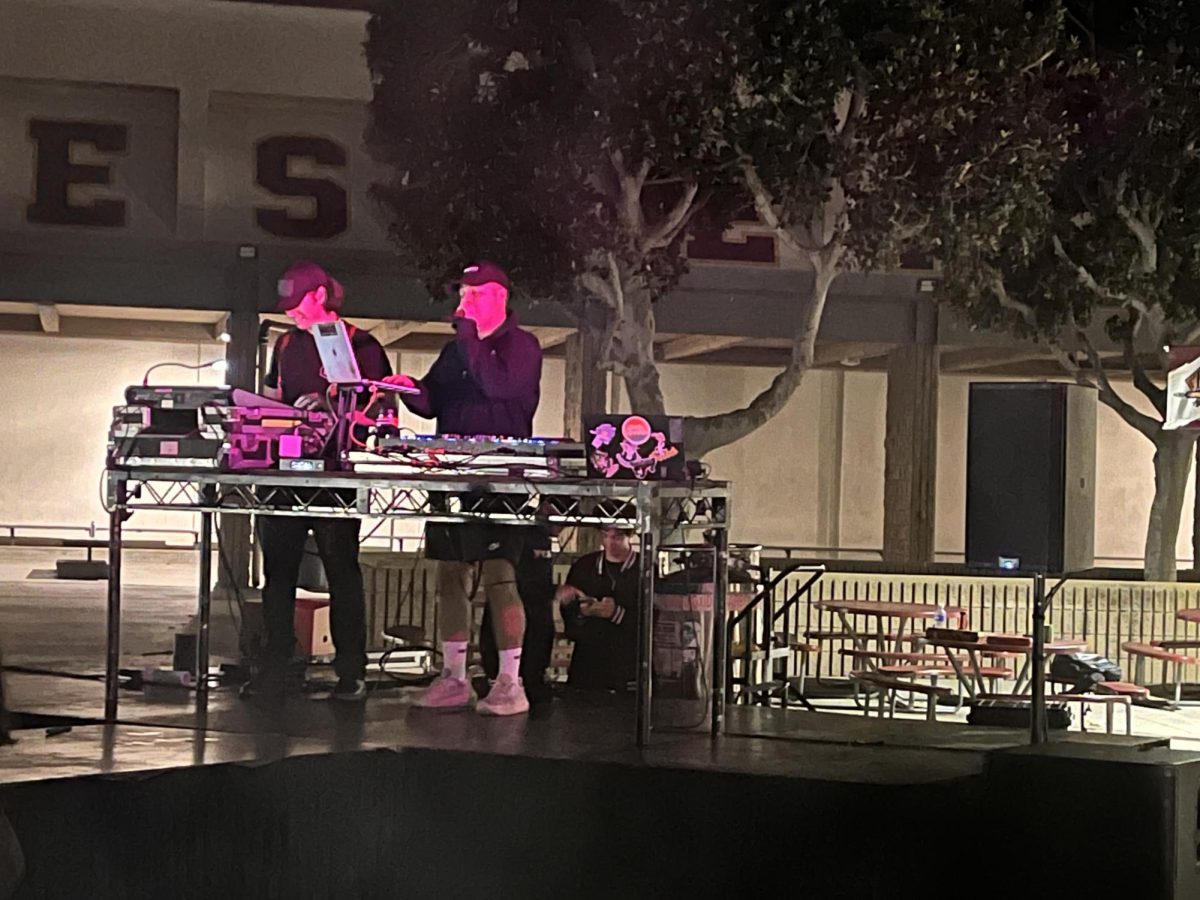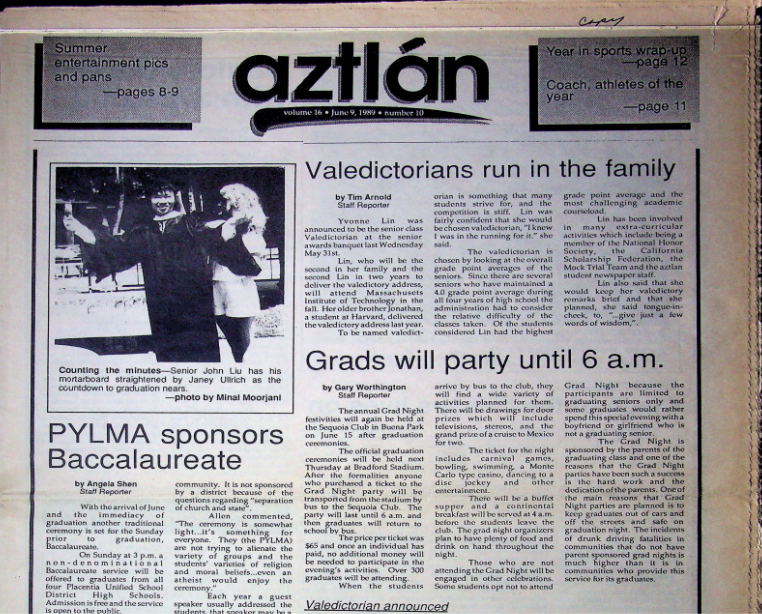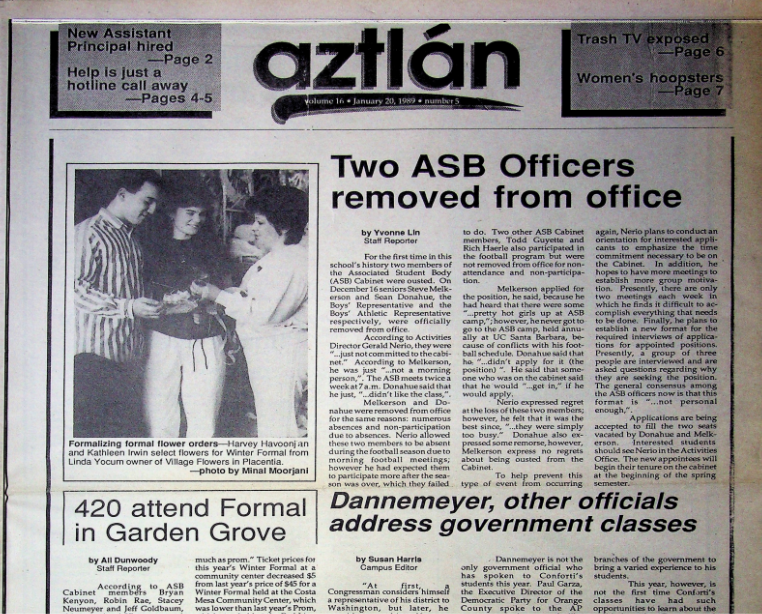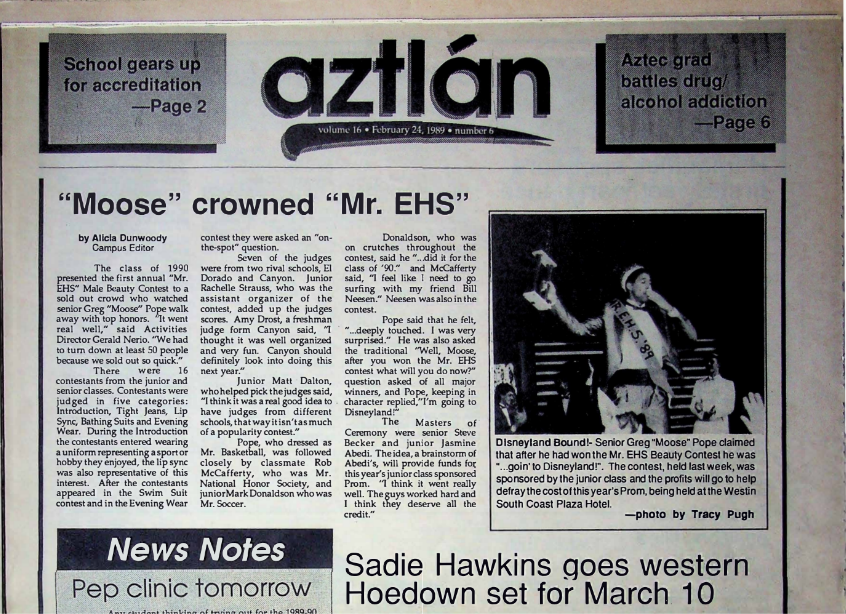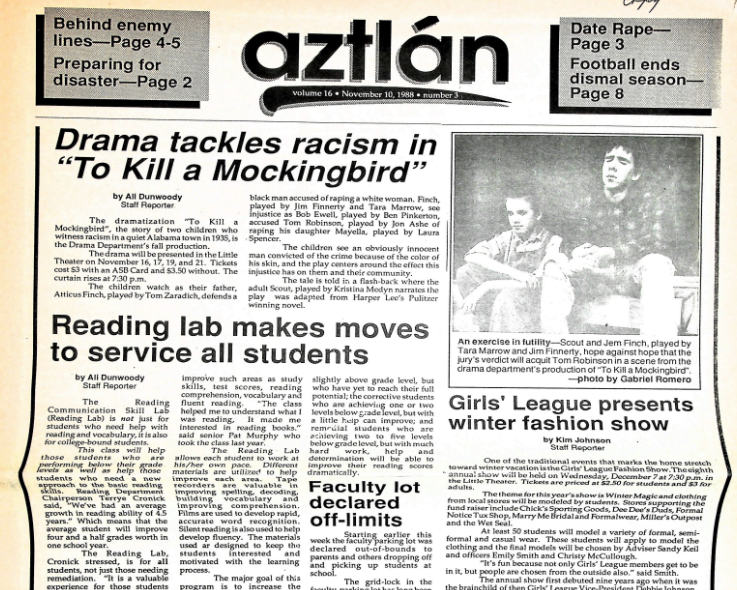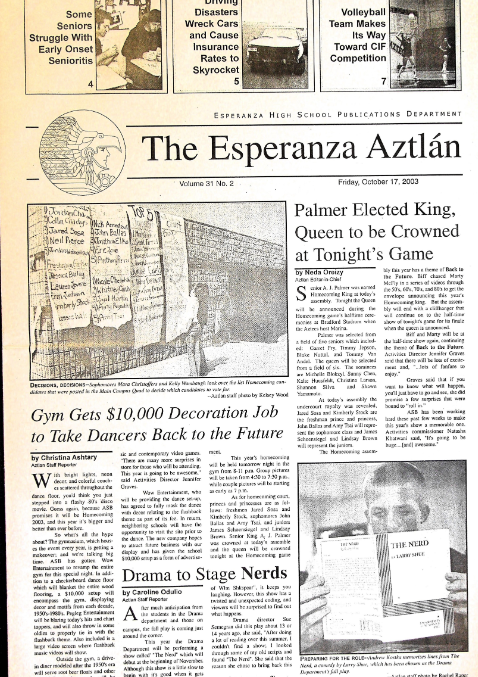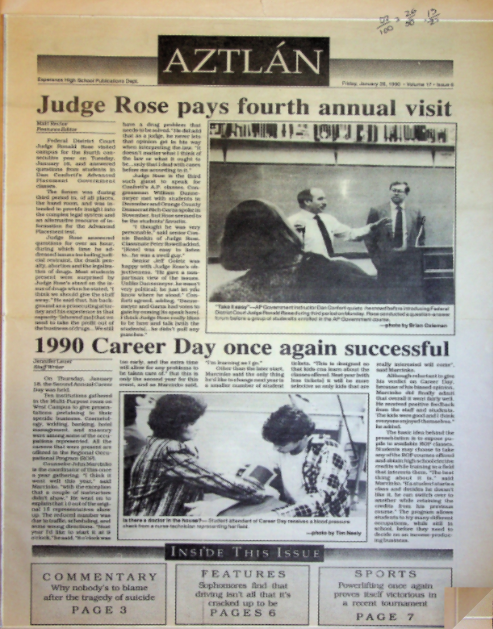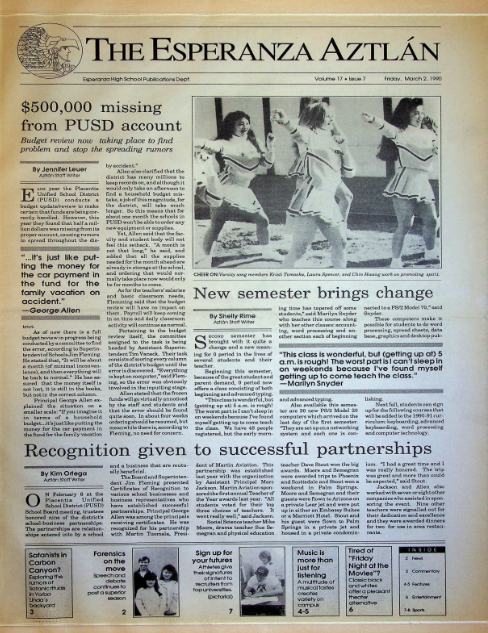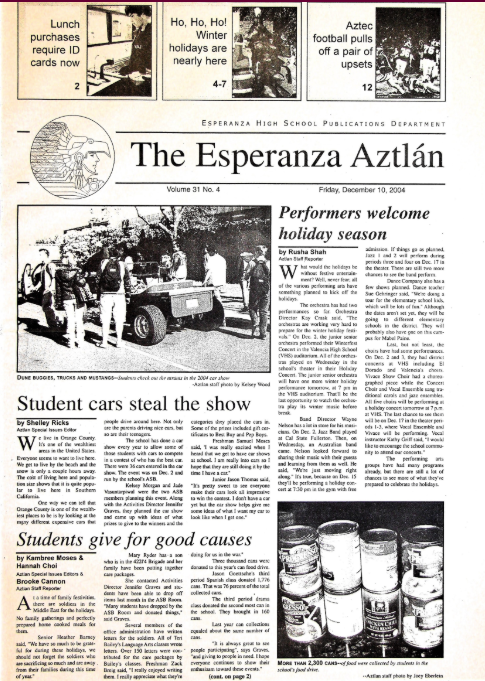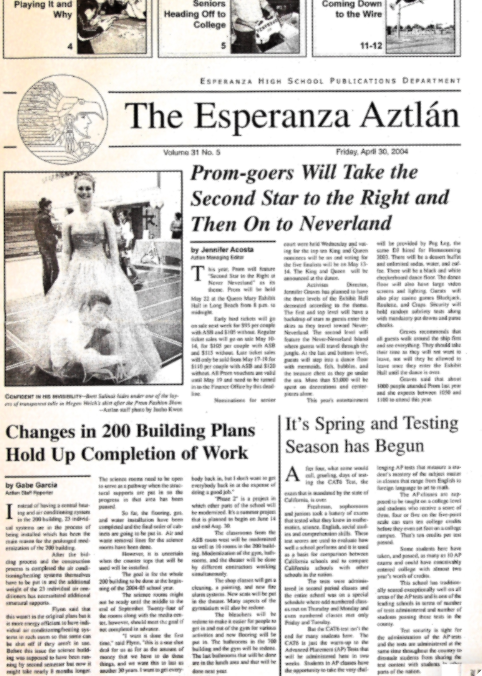Fight for the future of net neutrality
Net neutrality is guaranteed to go away due to corporate Telecom companies, but American citizens need to fight for their rights on the internet.
“Open internet,” the common name for net neutrality, is the concept and law that protects the freedom to go wherever and whenever you wish. Since the late 1990s, the need to protect the First Amendment in this new form of media has been aggressively fought for.
In the past, it was the Exon-Coats Amendment of 1995, a bill that would have tried to make the internet “safer,” that might have broken many Americans right of expression. Former reporter Esther Dyson was one of the voices against it, telling supporters of the bill that it was a responsibility of parents in the upbringing of children and to use the internet wisely in the face of the “dark web.”
In 2011, the Stop Online Piracy Act was introduced in the House of Representatives to stop copyright infringement and counterfeit goods. Social media websites, such as Twitter and Reddit, created large campaigns against it, believing it to be against privacy and under fair use for material.
Telecom companies AT&T, Comcast and Verizon are now influencing the Federal Communications Commission (FCC), the system that has protected and developed the Internet. In January, Donald Trump appointed former Commissioner Ajit Pai, who had several ties with the telecom companies.
Over the 10 months in his position, Pai has become the greatest threat to the internet. In his view, the internet should not be under Title II, a law from the 1930s, that mandates that the internet is just the same as water in terms of monetization: providers may charge however much they want for the resource, but they cannot slow down or speed up the service for money.
The Open Internet has thrived under Title II, with broadband service unable to enforce their own political and social beliefs on us. No lawful content, applications, services or non-harmful devices can be blocked, nor certain targets of internet traffic be throttled to be delivered to users more slowly than others, and neither can they favor some internet traffic in exchange for bribe.
However, Pai has made these things nearly achievable for the giant companies. During July, he started the campaign against Title II, causing uproar. Now, the majority of the people’s voice is silent or ignored, with over 22 million comments being disregarded.
The fact of the matter is that past generations have been able to win through their voice. They fought for our children who worked ten hour night shifts, for their right to vote as women, for their right to be the race they are. By their sweat and tears, we live in a world that is more just and fair.
But the problem comes down to this: the cost of freedom is eternal vigilance. As corporations like Comcast and AT&T grow, our voice will be stifled, and they will grow more powerful. In our coming of age, we must be bold to speak for ourselves.


